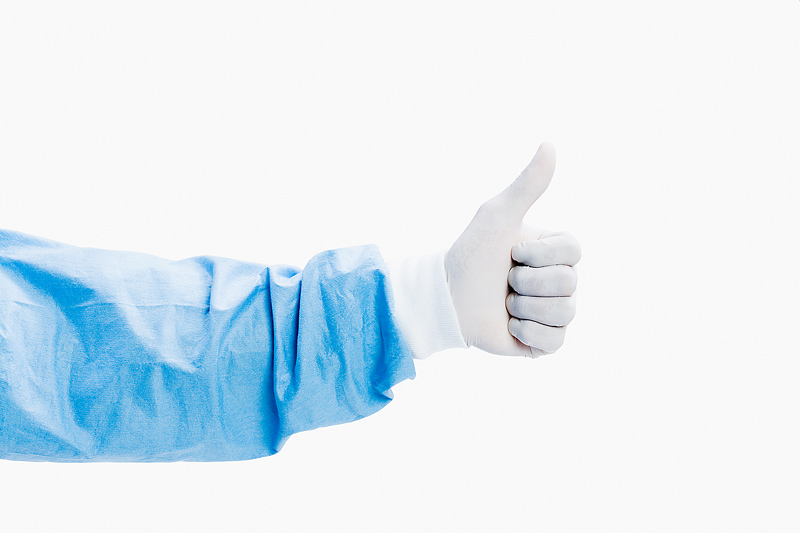
Here are some of the latest health and medical news developments, compiled by the editors of HealthDay:
Loving Siblings Help Shield Against Depression: Study
For young people, having a loving sibling encourages behaviors such as kindness and generosity and helps protect against delinquency and depression, says a new study.
In fact, the influence of siblings is twice as strong as parents when it comes to good behaviors such as being nice to people, volunteering, and doing favors for others, USA Today reported.
Having a sister seemed even more beneficial than having a brother, the study found, perhaps because females more often adopt a caregiving or listening role, according to the researchers.
“Siblings matter even more than parents do in terms of promoting being kind to others and being generous,” added study author Laura Padilla-Walker, an assistant professor in the School of Family Life at Brigham Young University.
She and her colleagues examined 395 Seattle families with two more children, including at least one child between ages 10-14, USA Today reported.
The study was published in the Journal of Family Psychology.
—–
Large Drop In Heart Bypass Surgery Deaths: U.S. Report
The proportion of Americans who died in hospital after having heart bypass surgery decreased 43 percent between 2000 and 2006, from 42 to 24 per 1,000, according to a federal government study.
The largest decrease (92 percent) occurred in rural hospitals, but they still had a higher death rate (38 per 1,000) in 2006 than other hospitals. Suburban hospitals near large metropolitan areas had the lowest rate (21 per 1,000), says the latest News and Numbers from the Agency for Healthcare Research and Quality.
Among the other findings:
- In 2006, women had a higher death rate than men — 35 vs. 20 per 1,000.
- The only increases in heart bypass surgery death rates were reported by hospitals in counties with small cities (fewer than 50,000 residents). In those hospitals, the rate increased from 28 to 31 per 1,000.
- Uninsured patients had the lowest death rate in 2006 (23 per 1,000), followed by privately insured (24), Medicare (24.5) and Medicaid patients (28).
—–
Iams and Eukanuba Dry Dog Foods Recalled
Certain types of Iams and Eukanuba dry dog foods are being recalled because they may be contaminated with salmonella, says Procter & Gamble.
Humans are at risk because they can get salmonella from infected dogs. The company said there haven’t been any reported cases of salmonella but recommended consumers discard the dog food, said CBS News.
The recalled products, sold at retailers and veterinary offices, are:
- Iams Veterinary Dry Formulas, all sizes and varieties
- Eukanuba Custom Care Sensitive Skin, all dry sizes
- Eukanuba Pure, all sizes and varieities
- Eukanuba Naturally Wild, all sizes and varieties
Proctor & Gamble recently recalled certain prescription cat foods that may have been contaminated with salmonella, CBS News reported.
—–
New Rules Would Improve Medical Device Safety: FDA
Proposed new rules to tighten oversight of medical devices were released Tuesday by the U.S. Food and Drug Administration.
Under the recommendations, companies that make medical devices ranging from X-ray machines and drug pumps to heart pacemakers would have to submit more safety information to win federal approval, the Associated Press reported.
In addition, the FDA would have greater power to revoke approval for products that prove unsafe or ineffective.
The recommendations were drafted by two internal FDA panels in response to intense criticism of the agency’s medical devices division by public health advocates and lawmakers, the AP reported.
The FDA will accept public comments about the recommendations for 90 days. Some critics said they would have liked stronger action from the agency.
“The good news is that I think the agency is admitting there are loopholes in the system that have allowed products to be sold that aren’t safe, the bad news is they haven’t yet figured out what to do about it,” Dr. Diana Zuckerman, president of the National Research Center for Women & Families, told the AP.
Industry representatives had their concerns, too. AdvaMed, a leading device industry trade group, said it is in favor of rules that make device approvals more predictable, but cautioned that other proposals “could result in significant disruption to a program that has served patients well for more than 30 years.”
—–
7 Hours Of Sleep Optimal For Heart Health: Study
People who sleep fewer or more than seven hours a night are at increased risk for heart disease, according to a new study.
It included more than 30,000 adults who were healthy at the start of the study. As they followed the participants, the researchers found that the risk of developing heart disease was more than double for those who slept less than five hours a day (including naps) and 1.5 times greater for those who slept nine hours or more, CBS News reported.
The findings were published in the August 1 issue of the journal Sleep.
It’s not clear why sleeping less or more than seven hours a night increases the risk of heart disease, said the West Virginia University School of Medicine researchers.
But they suggested it might be helpful for people to discuss their sleep habits — including changes in sleep duration — with their doctor, CBS News reported.
—–

